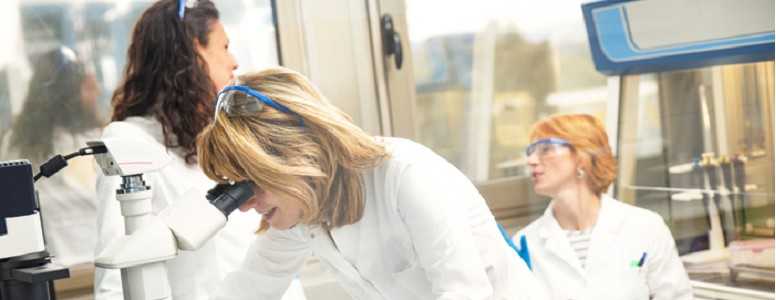Gene therapy has effectively reversed type 2 diabetes and obesity in mice, researchers have said.
A single administration of a small virus called AAV (adeno-associated virus) which carried the FGF21 (Fibroblast Growth Factor 21) gene led to the breakthrough.
This genetically manipulated the liver, adipose tissue and skeletal muscle to keep producing the FGF21 protein, an important compound needed to correct energy metabolism.
By inducing FGF21 production through gene therapy the animals lost weight and had decreased insulin resistance. This was successful in two different mouse models of obesity, induced either by diet or genetic mutations.
Researchers say they have also discovered that when used on healthy animals, the AAV-FGF21 treatment boosted healthy ageing and prevented age-associated weight gain and insulin resistance.
Director of the study Dr Fatima Bosch, from the University of Alabama, said: “This gives a great flexibility to the therapy, since it allows to select each time the most appropriate tissue, and in case some complication prevents manipulating any of the tissues, it can be applied to any of the others. When a tissue produces FGF21 protein and secretes it into the bloodstream, it will be distributed throughout the body.
“The therapy described in this study constitutes the basis for the future clinical translation of FGF21 gene transfer to treat type 2 diabetes, obesity and related comorbidities.”
The researchers’ next step is to trial the therapy in bigger animals, before eventually moving to human trials.
The findings have been published in the EMBO Molecular Medicine journal.
Editor’s note: It is great to see gene therapy yielding promising results, and it is an exciting avenue of research. However, people who are obese and/or have type 2 diabetes are already able to lose weight and put the condition into remission through eating a healthy, real-food diet. For more information visit our award–winning Low Carb Program.
What's new on the forum? ⭐️
Get our free newsletters
Stay up to date with the latest news, research and breakthroughs.



